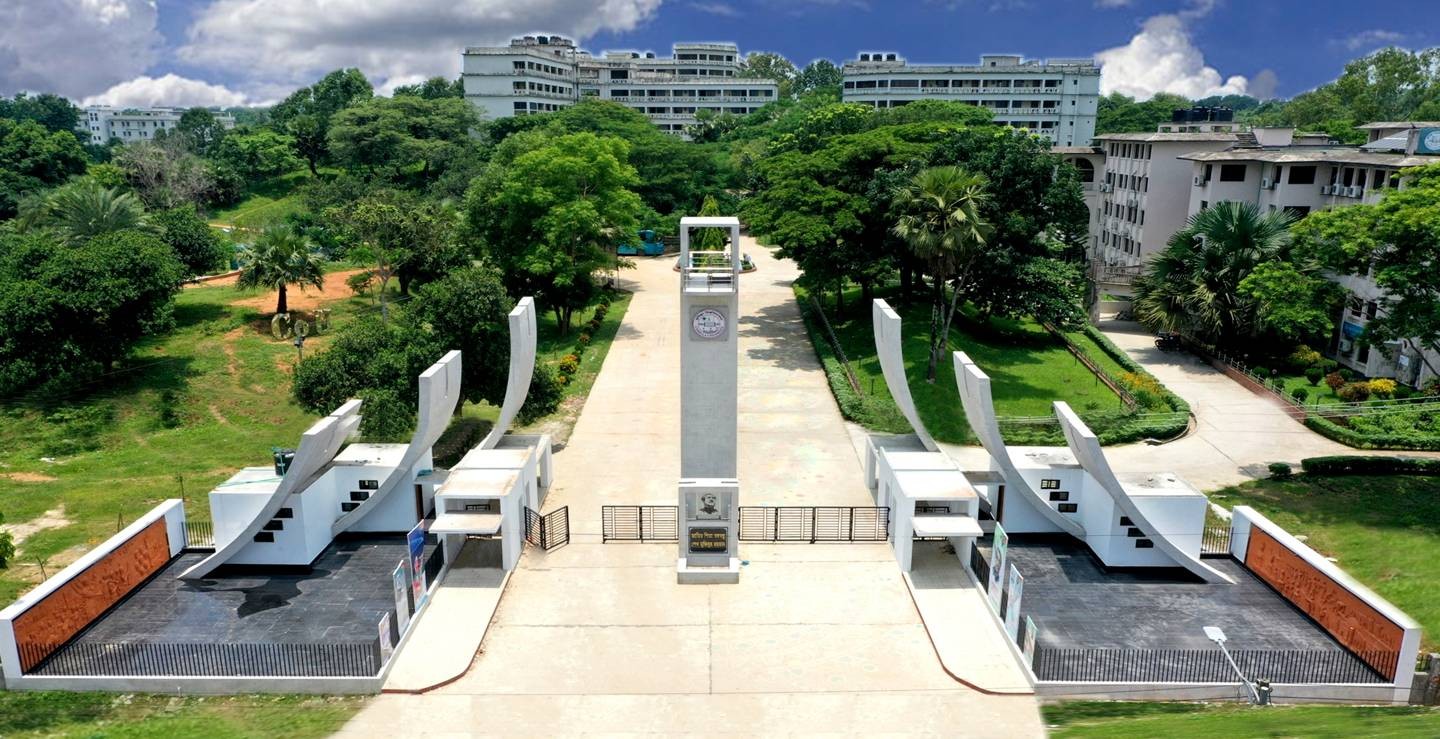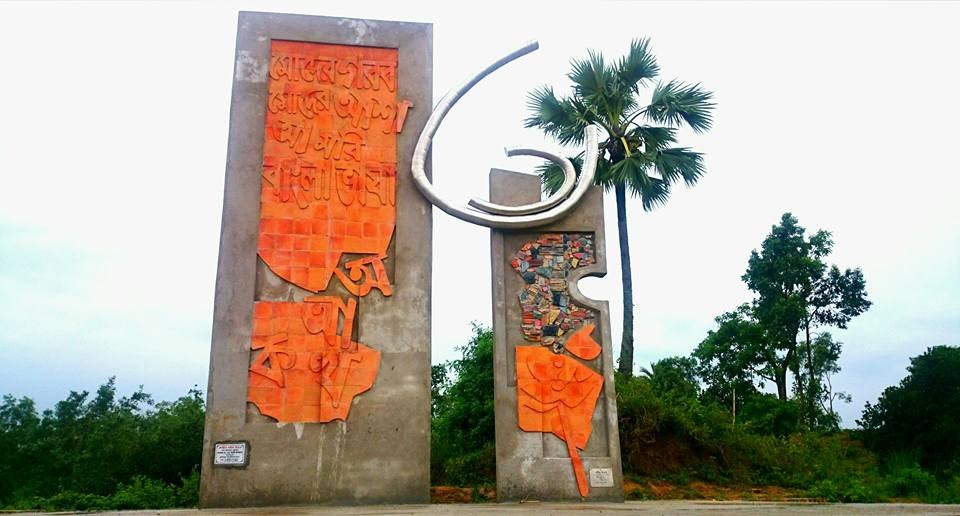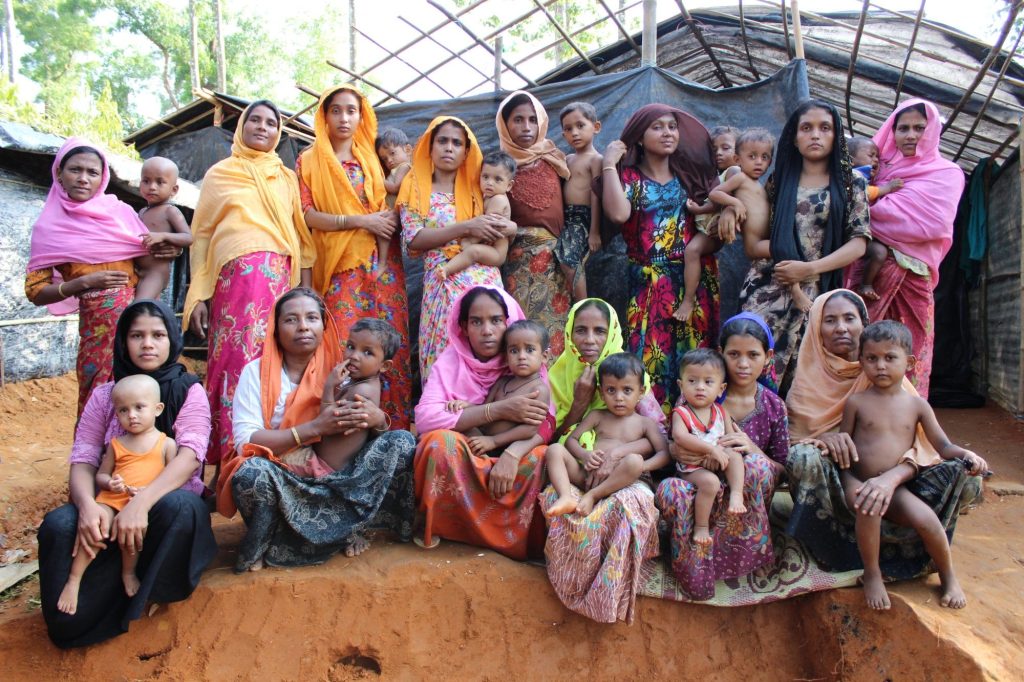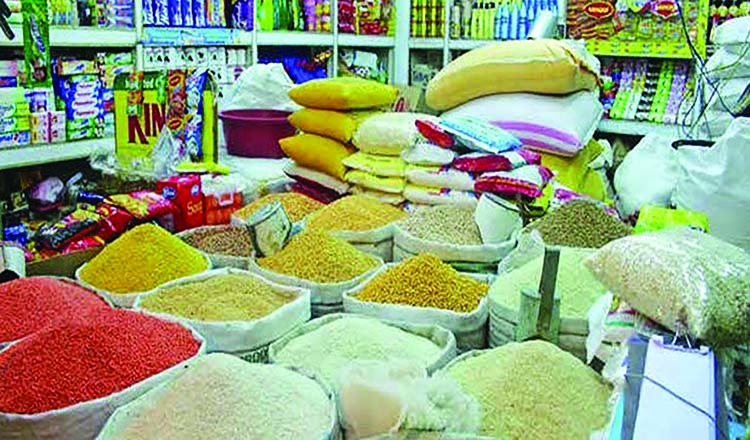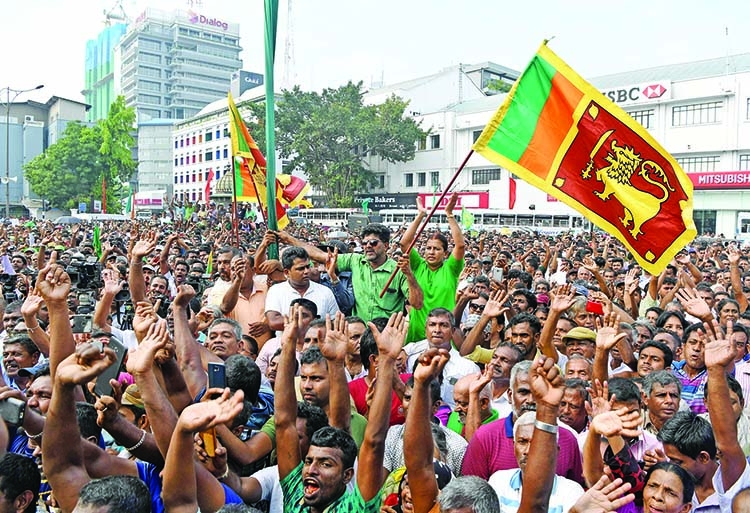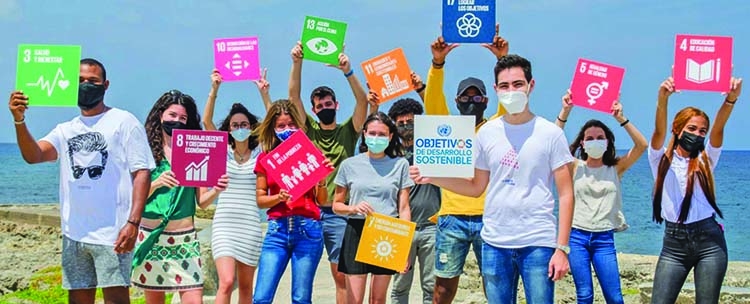By Zahedul Islam and Md. Tajul Islam
A basic prerequisite for raising quality of life is health. Every human being has the fundamental right to the “enjoyment of the highest attainable standard of health,” according to the international declaration of health rights. In addition to biology, the social, political, and economic backdrop of women’s life affects their emotional, social, spiritual, and physical well-being. Iron-deficiency anemia affects 43% of all women worldwide and 56% (on average) of pregnant women. 10 million women experience potentially fatal problems each year during pregnancy and childbirth, which can sometimes result in permanent impairment. The main health issues affecting women are caused by malnutrition and environmental factors that are disease-related and mostly avoidable.
In Bangladesh, women are the most marginalized and underprivileged group in society. In traditional societies, particularly in rural sections of the nation, women’s health and healthcare are either poorly or never cared to. One of Bangladesh’s biggest health issues is the complexity and challenges of women’s health. Bangladesh’s women have a poor health status; poverty, in combination with social and cultural norms, beliefs, and practices, gender-based violence, a lack of education, and inadequate health care facilities, contribute to this condition and put women in a position that compromises their reproductive health.
Maternal mortality estimated lifetime risk of dying from reasons connected to pregnancy and delivery is 1 in 21, compared to 1 in over 4,000 in industrialized nations, according to UNFPA Of all maternal deaths, 69% are attributed to direct obstetric reasons, 14% to injury and violence, and 17% are attributable to indirect causes. Postpartum hemorrhage, eclampsia, complications from abortion, obstructed labor, and postpartum infection are the most frequent obstetric causes of maternal mortality. It is clear that social concerns must also be addressed in order to enhance maternal health in Bangladesh given the high reported incidence of injuries and violence as causes of maternal mortality.
Moreover, maternal nutrition is a significant issue in the health sector because studies show that 50% of Bangladeshi mothers experience chronic energy shortage. The prevalence of low birth weight is estimated to be 45%, and nutritional shortages are widespread. Iodine deficiency affects more than 43% of expectant mothers, and more than 2.7% of these women experience night blindness. Pregnancy anemia raises the Maternal Mortality Ratio (MMR) and leads to intrauterine development retardation, which results in low-birth-weight newborns.
It is generally acknowledged that having mothers give birth with a trained birth attendant is one of the most significant health interventions helpful in reducing maternal mortality. Only 12% of births in Bangladesh are attended by skilled attendants, compared to 7% attended by doctors and 5% by nurses, midwives, or family welfare visitors. Additionally, about 92% of births take place at home, frequently in hazardous and filthy circumstances. 64% of births are assisted by traditional birth attendants. Again, there are notable discrepancies between rural and urban locations; for example, 33% of births in urban areas are attended by professionals, compared to only 8% in rural areas. As well as more than 50 out of every 100 female students in Bangladesh suffer from mental problems, which is 50.21 percent. Next is the working woman. 21.70 percent of working women suffered from mental problems in one way or another and took counseling from ‘Manner Bandhu.
National Committee to Celebrate International Rural Women’s Day said- “The health, livelihoods and environment of coastal, low-lying and hill communities are most affected by the effects of climate change. It has serious implications for food, nutrition and livelihoods as well as the health of women and girls.”
Due to the adverse effects of climate change, many people are forced to use extra saline water. Speakers identified it as one of the harmful effects of climate change. They said, “Excessive use of saltwater causes various diseases of the uterus, disrupts the health and cleanliness of the menstrual cycle of girls and causes skin diseases. Lack of clean water in the mountains due to deforestation poses similar dangers to women and girls.”They called for setting up water purification plants at government expense in saline areas, providing specialized services to women and girls in community clinics and strengthening alternative employment creation initiatives.
Although periods are a very normal phenomenon of women’s life, our society and reforms have shrouded the matter in a veil of secrecy. Even at this time of the 20th century, periods are a taboo in our country. Everyone is very uncomfortable when it comes to talking about it. It is seen at every level of society. Even women in Bangladesh feel comfortable talking about their periods among themselves. This taboo has challenged the periods of women in Bangladesh. Because of this, people are not as aware of the importance of cleanliness during this time as they should be. A variety of serious problems can be caused by uncleanliness during periods. Such as urine infection, vaginal infection, cervical cancer etc.
A survey conducted by the World Health Organization about 11 years ago showed that cervical cancer ranks second among women with cancer in Bangladesh. About five crore women of our country are at risk. According to a survey done three years ago by the International Agency for Research on Cancer, more than six and a half thousand women die of cervical cancer in Bangladesh every year. In the case of 97 percent of women suffering from cervical cancer in this country, the cause of the disease is lack of period hygiene.
Bangladeshi women use two types of sanitation methods during periods. Sanitary napkins and old clothes. In the National Hygiene Survey of 2014, it was found that 86 percent of women in Bangladesh use old clothes and rags during periods. Rural women are ahead in using old clothes or rags. The main reason for this is that it is readily available and does not cost anything. The main reason behind this is the lack of widespread awareness. Women living in villages know little about the health risks of periods. It is not discussed as much in village schools as in city schools. Village health workers work on maternal and child health but do nothing to raise awareness about periods or menstruation.
Zahedul Islam is MSS student at Department of Public Administration, Comilla University and Md. Tajul Islam is a Women Rights Development Activist, Bangladesh

